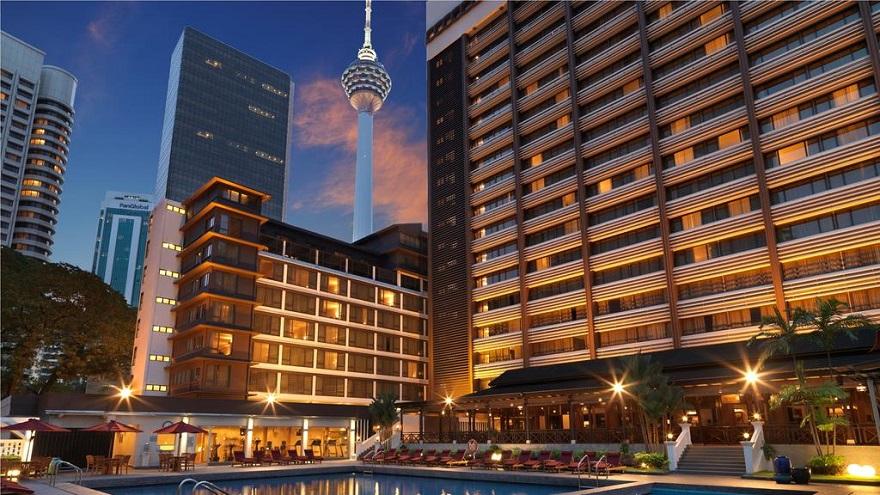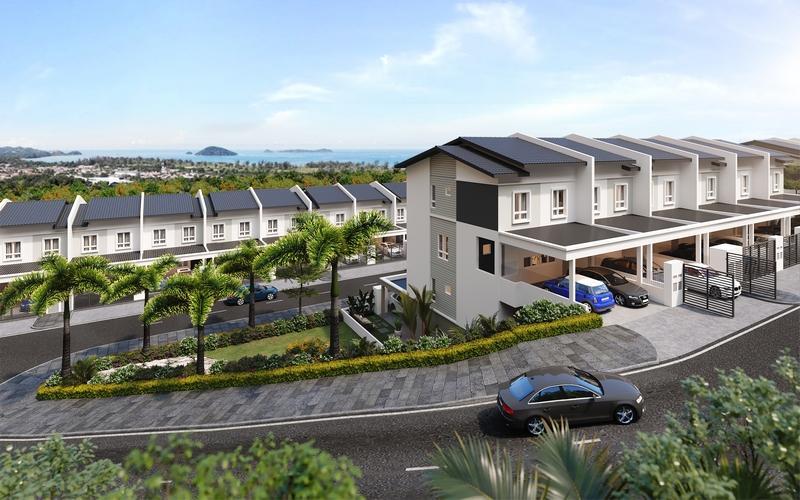The government needs to come up with a national guideline for the home-sharing economy amid more oversupply concerns in the residential rental market and safety issues. PropertyGuru Malaysia said due to an oversupply of high-rise residential projects nationwide, tenants are spoilt for choice, exerting downward pressure on rental rates.
In Kuala Lumpur alone, property owners adjusted asking rentals downwards by up to 10% last year. This was also driven by obsolescence, as older projects competed with newer launches, said Country Manager Sheldon Fernandez.
Hotel occupancy
The hotel industry has also seen declining hotel occupancy rates as travellers look to home-sharing for space bigger than hotel rooms but at the same price.
“The property and tourism industries function as an ecosystem and there is a leakage currently because of home-sharing. There should be control and proper guideline, otherwise, the owners of these properties will continue to suffer. As it is, the local property market is moving very slow and one party is enjoying at the expense of others,” said a market consultant.
Concerns on illegal lodgings
According to the consultant, the other concern is safety issues and illegal lodgings. She said not everyone is happy about the growth of home-sharing services as there are potential downsides.
“For instance, there is no control over who stays in your premises. If you are living in an apartment or condominium, there is a constant shift of unfamiliar faces in the building and the frequent movement of luggage throughout the day or at odd hours."
“Living in an apartment will no longer be exciting. To prevent further damage, a property guideline and policy is needed.”
Home-sharing under scrutiny
Concerted calls have been repeatedly made to put the home-sharing industry under scrutiny. In February, there were calls for home-sharing operators to register with the Tourism, Arts and Culture Ministry. In addition, Malaysia Productivity Corp is outlining a framework to manage short-term accommodations in the country.
However, the lack of national guidelines has seen the proliferation of differing approaches to home-sharing, depending on areas. “The rapid growth of such solutions has drawn concerns from some quarters,” said Fernandez.
He said 54% of PropertyGuru Consumer Sentiment Survey H2 2018 respondents called for regulations to be put in place to manage the industry.
“This isn’t to say that Malaysians are against home-sharing as the survey found that 49% agree with such solutions, while 57% are personally interested in exploring home-sharing solutions themselves."
“However, as with many emerging or disruptive technologies and businesses, there is room for improvement, in terms of regulations. This was acknowledged by research commissioned by a prominent home-sharing player earlier this year which highlighted the need for home-sharing guidelines at the national, state, community or building level,” said Fernandez.
Malaysian attitude towards renting, "Generation Rent"
The survey also highlighted attitudes among Malaysians towards renting, with nine out of 10 preferring to buy their own houses and nearly seven out of 10 (or 68%) currently staying in their own properties.
Fernandez said these attitudes likely reflect traditional views on properties as symbols of status and investments. However, this may change as “Generation Rent” — younger demographics such as millennials and later cohorts — finds properties increasingly out of their reach.
Some 60% of the survey respondents looking to rent shared that their budget was RM1,100 or less. Rates of RM800 to RM1,100 were the “sweet spot”, with 19% of respondents seeking rentals in this range.
A majority (82%) wanted a whole unit to accommodate their families, with just 18 per cent looking for smaller arrangements such as a room.
Condominiums and serviced apartments were the preferred residential rental property type (63%), followed by terrace-houses (23%), small-office-home-office units (7%), townhouses (3%) and bungalows (3%).
“While many may prefer buying over renting, younger Malaysians may have no choice but to resort to long-term rental accommodations in the face of financing and property pricing concerns,” added Sheldon.
_PH_Banner_(Desktop)(1200x180px).png)
.jpeg)







.jpg)
.jpg)
.png)

.jpeg)

